Graham Reid | | 2 min read
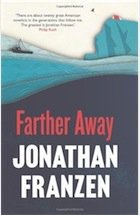
Although Jonathan Franzen's publishers would be happy to see anything from their massive-selling and award-winning author (The Corrections, Freedom), there might have only been muted applause and very few high-fives in the boardroom when Farther Away was rolled out. It is a shapeless grab bag of recent writing and talks which includes a few book reviews, some digressive think pieces, what we might call amusements (an interview with New York State) and a commencement address to college students.
The latter is among the most interesting as Franzen fluidly moves from our obsession with technology such as cellphones (“the beloved object asks for nothing and gives everything, instantly, and makes us feel all-powerful”) through the desire to be loved, how he developed a passion for birds and what the natural world gives him, and the blunt truth: “We're alive for a while but we will die before long . . .you can either run from this fact or, by way of love, you can embrace it.”
Only when he digresses into a whinge about cell-phone zombies in Manhattan does he sound like a grumpy old man. Otherwise it is an affirming, well pitched talk you imagine might have actually meant something to the students.
Elsewhere – as with the late scientist Stephen Jay Gould who could seduce you in to a piece about complex statistical analysis by opening with a discussion of baseball batting averages – Franzen talks about the crunching but doomed energy of a losing football team which becomes an analogy for the experience of reading James Purdy's novel Eustace Chisholm and the Works. It is a short piece (he was nominating it for an award) and may even make you want to read the book.
His essay on Dostoyevsky's The Gambler – which opens with a litany of familiar, obsessive behaviours (crackheads pushing the pleasure button, recreational eating, people playing video poker) – certainly will as he places the novel in the context of the writer's life, pulls out the thread of addiction as a very modern theme, and the breaking of it as the end of nihilism.
These, and other piece, are interesting and often clever. But elsewhere there are ruminations where the narrative or ideas, such as they are, get lost in digression, anecdote and occasional thoughts, no more so than in the title piece in which he takes himself off to the remote island in the South Pacific named for Alexander Selkirk who allegedly inspired Defoe's Robinson Crusoe.
Part travel piece, part discussion of Defoe's novel and some consideration of the life and work of his friend and fellow writer David Foster Wallace who had recently committed suicide (he takes a matchbox of his ashes to spread on the island), it comes off as none of these successfully and makes you wonder if his success has made editors fearful of wielding the blade.
There are also very slight if adeptly written pieces (a drive home with his parents, getting rid of hornets) which sound like good dinner table stories, another whine about cellphone users which segues into his 9/11 reminiscence (every New Yorker has one), his speech at Wallace's memorial service, a brief piece about using the word “then” as a conjunction with no following subject . . .
Although perhaps a stop-gap before his next work of fiction, this collection does have its moments (his travels in China and Cyprus are digressive but circle some key subjects about Man's cruel and indifferent relationship with Nature), but taken as a whole this collection offers no reason for high-fives on anyone's part.

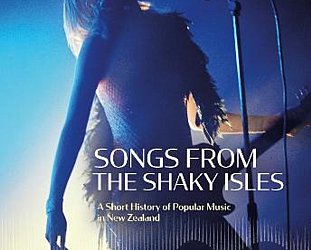
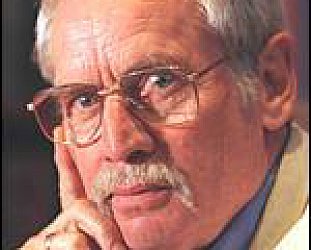
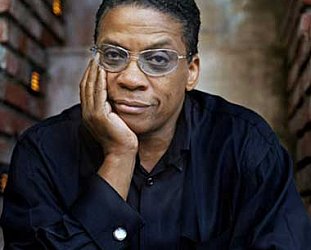
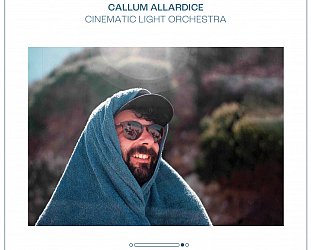
post a comment